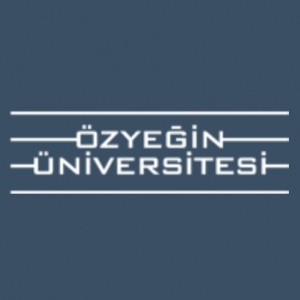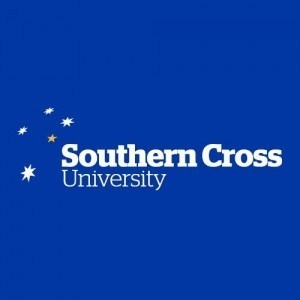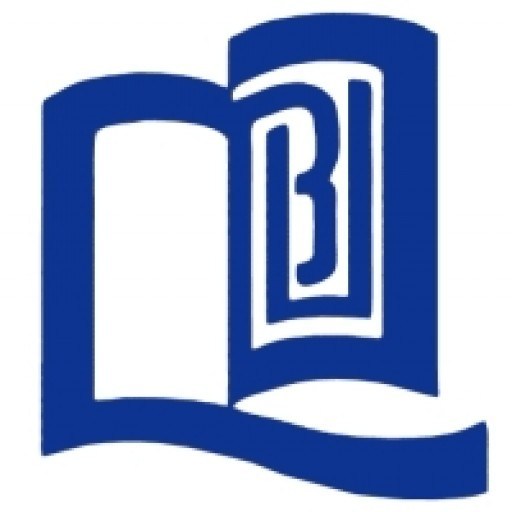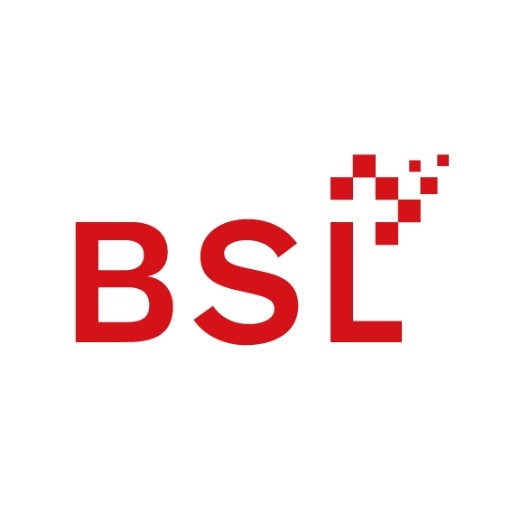Photos of university / #kocuniversity
Description
Advertisement
Koç PhD program's main focus is to train students to become influential research scholars in their field of study at top universities worldwide. Interested students should desire an academic position at a top university, and possess the motivation and ability to attain this goal. For this reason, our program is not an appropriate option for people planning to work in industry.
Program Structure
Koç University PhD in Business Administration program has a flexible structure to accommodate students with unique goals and backgrounds. For example, PhD candidates in marketing can focus on consumer behavior, strategy, or modeling, and customize their course work accordingly.
This customization may involve taking courses from related disciplines, including economics, and psychology. Typical curricula can be found on our curriculum page. Note that our program requirements focus on developing conceptual and methodological skills, which are essential to producing quality academic research.
Student Support
Koç GSB Faculty is dedicated to the training of Phd students, and collaborate with them on joint projects. Published papers that resulted from such collaborations attest to the success of this approach. PhD students have very limited teaching responsibilities so that they can focus on their research program and develop their research skills without much distraction on their time.
For students interested in experimental methods, there is a dedicated marketing lab with twenty one lab stations. Data collection is simplified thanks to specialized software that handles study announcements, participant sign-ups, and extra credit assignments.
We emphasize a supportive culture among our PhD students, and focus on the collective success of the group rather than individual students. Resulting supportive social environment enables students to establish valuable relationships with their colleagues in the program.
Contents
Core Courses
Microeconomics Core Requirement (one of the following courses)
Managerial Economics
Fundamental concepts and analytical tools of microeconomic theory: demand, supply, and equilibrium; market structure analysis with brief introduction to game theory; risk and uncertainty; comparative advantage and gains from trade; market distortions and their welfare consequences. Introduction into micro foundations of macroeconomics, open economy equilibrium, exchange rate and income determination; policy analysis in an open economy with frequent references to real life phenomenon and their analysis through the tool kit acquired.
Microeconomics I
Consumer theory; production theory; general equilibrium and welfare.
Microeconomics II
Consumer theory; production theory; general equilibrium and welfare.
Quantitative Methods Requirement (one of the following courses)
Multivariate Statistics and Data Analysis
Basic concepts underlying the most important multivariate techniques, overview of actual applications in marketing, operations, finance, and accounting. Underlying mathematics and problems of applications. Sample Geometry and Random Sampling, The Multivariate Normal Distribution, Regression, Analysis of Variance, Multinomial Logit Choice Model, Principal Components Analysis and Factor Analysis, Structural Equations Models, Cluster Analysis
Mathematical and Statistical Foundations
Mathematical foundation that all students should have before starting the MA courses reviewed in a three-week long intensive Math Camp. Meets every other day (three times per week) during the first three weeks of the four-week period that preceeds the fall term. Two 75 min. classes per day. Three classes for evaluation (written exams).
Econometrics I
Review of probability and statistics: random variables, univariate and joint probability distributions, expectations; bivariate normal; sampling distributions; introduction to asymptotic theory; estimation; inference. Linear regression: conditional expectation function; multiple regression; classical regression model, inference and applications.
Econometrics II
Departures from the standard assumptions: specification tests; a first look at time series; generalized regression; nonlinear regression; simultaneous equations, identification, instrumental variables. Extensions and applications ML, GMM, VAR, GARCH, panel data.
Optimization Models and Algorithms
Convex analysis, optimality conditions, linear programming model formulation, simplex method, duality, dual simplex method, sensitivity analysis; assignment, transportation, and transshipment problems.
Stochastic Models and Their Applications
Basic theory of the Poisson process, renewal processes, Markov chains in discrete and continuous time, as well as Brownian motion and random walks are developed. Applications of these stochastic processes are emphasized by examples, which are drawn from inventory and queuing theory, reliability and replacement theory, finance, population dynamics and other biological models.
Testing and measurement
Review of basics of psychological measurement; all steps of the process of assessment development; different methods of psychological assessment such as observational, self-administered, and interview techniques; and, ways of integrating information from multiple assessment methods. Greater cultural, ethical, and societal context of psychological measurement.
Introduction to Management Science
Fundamental quantitative methods used in business decision-making: mathematical programming, stochastic modeling, and simulation, with emphasis on formulation, analysis, and implementation.
Research Methodology Requirement (one of the following courses)
Research Methods in Business
Introduction to the fundamental methodological issues that arise in experimental and quasi-experimental research. The development of research ideas; data collection and reliable measurement procedures; threats to validity; control procedures and experimental designs; and data analysis. Use of regression methods for non-experimental and quasi-experimental data and analysis of variance methods for experimental data.
Research Methods I
Review of descriptive statistics and basic research methodology. Experimental methods and research design including one-way analyses, factorial designs, repeated measures, analysis of covariance, and the analyses of main effects, simple effects and interaction comparisons.
Research Methods II
Further advanced research methods building on the content of PSYC 501. Problems in multivariate regression analysis, multivariate analysis of nominal and ordinal data, structural equation models, and methods for analyzing longitudinal data. How to choose appropriate methodology for a variety of research problems.
Research Methods
Introduction to the fundamental research methods in social science, covering issues and methods shared by all of the social sciences and by many of the natural sciences. Emphasis on contemporary work in the fields of international relations and political science, on quantitative and qualitative methods and the steps in identifying a problem worthy of study and developing testable hypotheses, designing a research strategy, gathering data, analyzing data, and interpreting the results.
Requirements
In order to apply to the PhD Program, the applicants must complete the online application (gradapp.ku.edu.tr) and upload the following;
GMAT/GRE, TOEFL and ALES test scores (GMAT and TOEFL scores should be sent to the institution number 0163 and GRE score should be sent to the institution number 0668)
Minimum scores for the tests are: * GMAT 600
* GRE 150
An official academic transcript from every university attended
A statement of purpose describing your proposed area of study and why you are prepared for this program.
Three (or more) Letters of Recommendation. The candidate should provide the contact information of those who will fill in the reference letters in the online application. They will be provided with the web link of the reference letter form via e-mail.
A curriculum vitae
Application fee payment slip
Selected applicants will be called for an interview by the Graduate School of Business.
English Language Requirements
IELTS band: 7.5 TOEFL paper-based test score : 600 TOEFL iBT® test: 100Want to improve your English level for admission?
Prepare for the program requirements with English Online by the British Council.
- ✔️ Flexible study schedule
- ✔️ Experienced teachers
- ✔️ Certificate upon completion
📘 Recommended for students with an IELTS level of 6.0 or below.
Funding
Students admitted choose between the following two offers: * Tuition waiver (36,500 TL/year) plus 1,925 TL monthly stipend. The monthly stipend increases to 2,125 TL after the student passes the PhD qualifier.
* Tuition waiver (36,500 TL/year) plus 1,400 TL monthly stipend and free housing. The monthly stipend increases to 1,600 TL after the student passes the PhD qualifier.
Additional Benefits:
* All students receive a laptop computer and private health insurance.
* Students with successful standing receive travel funds to attend scientific conferences and meetings.
* PhD students may be offered monthly stipend up to 3,000 TL through externally funded research grants and projects.
Students who receive their stipend from other sources (like TÜBITAK scholarships or externally funded research grants and projects) are eligible for the following benefits provided by the university:
* Research Award: 1,800 TLc. Housing Allowance: 525 TL/month for students who do not use the free housing benefit.











